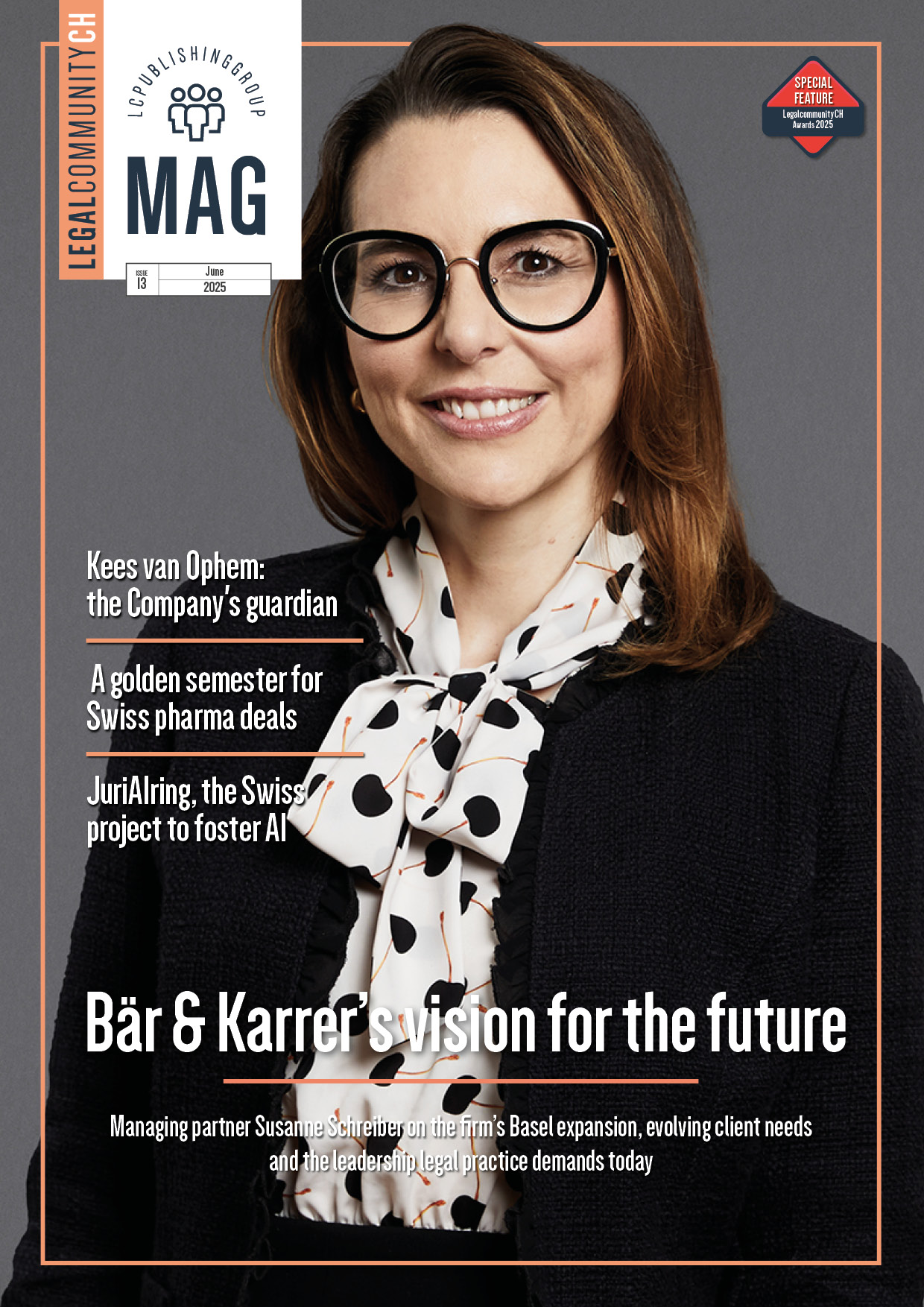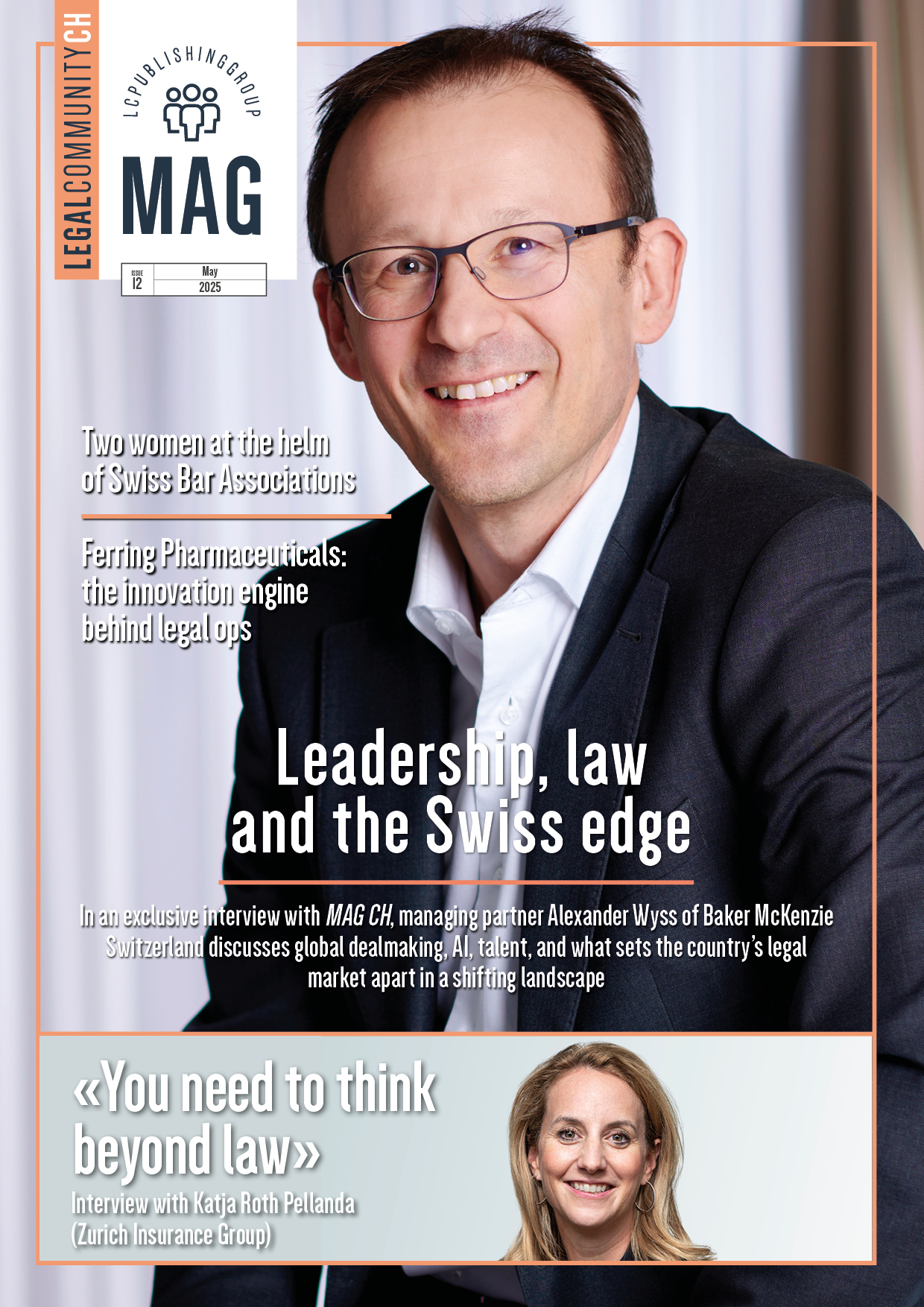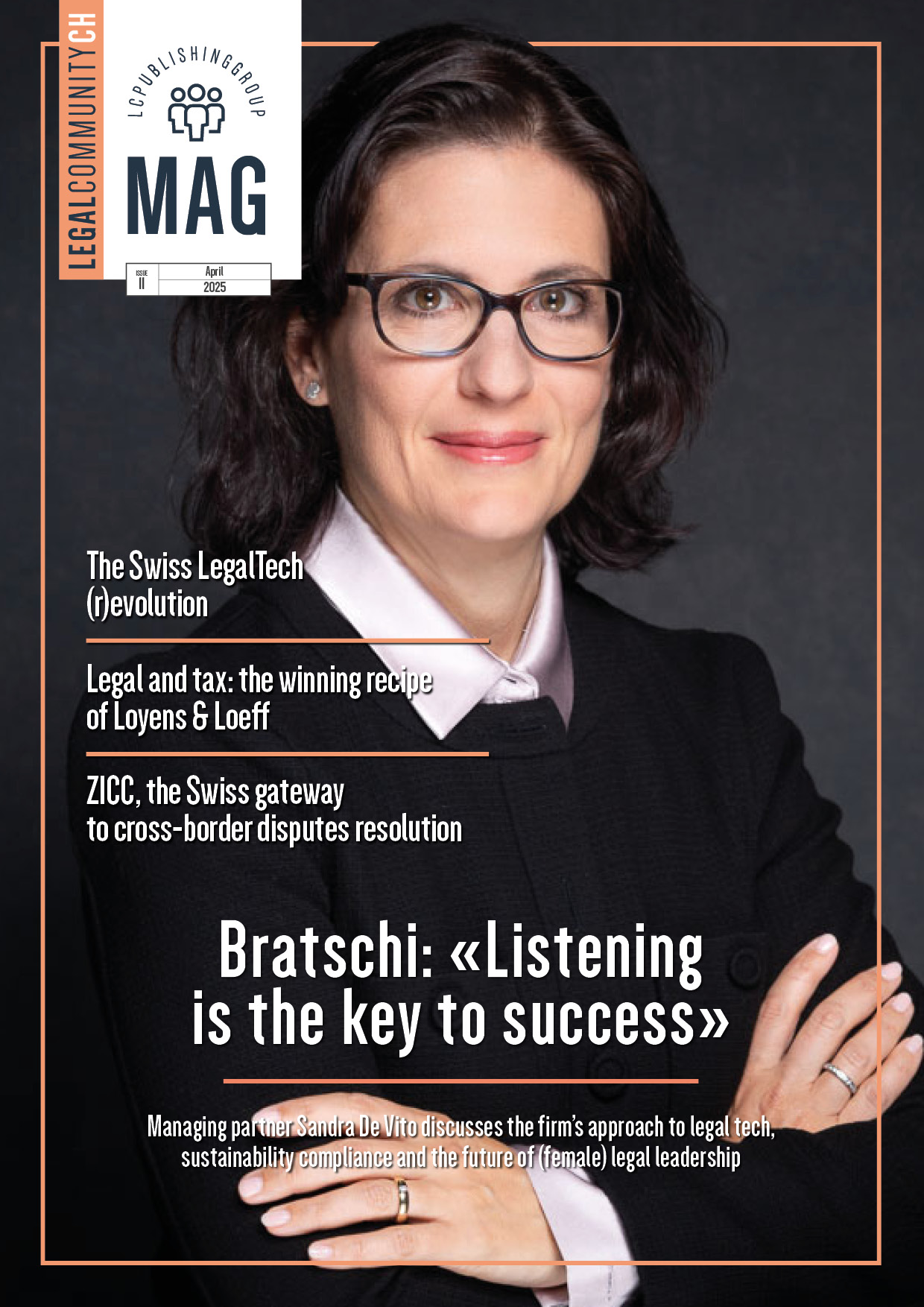ACC: In-house legal department, technology is no longer just a nice to have
With growing amounts of data to review, a variety of third parties to work with, and an evolving set of e-discovery, compliance, incident response, information governance, and data privacy requirements, corporate counsel must leverage technology to adequately protect and serve their organization. Over 50 percent of respondents expressed interest in buying legal software in the next 12 months while 16 percent who categorise their legal department processes as “ad hoc” will look to technology for improvements. A survey done by the ACC and Exterro found that in an increasingly disruptive and challenging business environment, the most highly regarded legal technologies were those focused on helping organisations’ legal defensibility, with the top three focus-areas were E-discovery, matter management, and privacy/data inventory technology.
The Report
The Association of Corporate Counsel (ACC) and Exterro 2021 Legal Technology Report for In-House Counsel surveyed 250 in-house counsel and legal operations professionals across 18 countries.
“Our report provides a clearer understanding of what the implementation of legal technology actually looks like and needs to achieve in the future, from a range of in-house perspectives,” said Blake Garcia, ACC’s Director of Research. “Despite significant investments by corporate legal departments, the findings show that there remains a tremendous amount of opportunity for technological upgrades. We appreciate Exterro’s partnership on this project and look forward to continuing to track developments that will improve the effectiveness of corporate counsel teams.”
“This report illuminates the wide variety of challenges and differing priorities legal departments have taken on that span beyond litigation to also include compliance, data governance, and risk management priorities,” said Bobby Balachandran, CEO of Exterro. “For legal technology providers, this report also underlines the importance of delivering unified, compressive solutions that orchestrate the unique responsibilities and workflows of corporate counsel teams.”
Additional key findings include:
Matter management, e-billing, and contract management are the most effective technologies. Sixty-six percent of those who use matter management tools, 64 percent of e-billing users, and 61 percent of legal operations professionals using contract management tools consider them the most effective technology areas for the legal department from a list of 14 technologies.
Legal department roles clearly differentiate priorities when it comes to legal technology. For lawyers, it is technology predominantly associated with contracts, privacy, and compliance issues. For legal operations professionals however, they look to technology to help processes when it comes to litigation.
The processes and complexity to purchase technology varies greatly by company size. For companies with under $1 billion in revenue, two to five individuals are involved and it normally lasts less than six months. For larger organisations, more than five individuals are involved and can take three to 12 months to complete.
Most departments want to leverage technology to improve contract management (77 percent), data privacy (40 percent), and litigation (25 percent) activities.
















